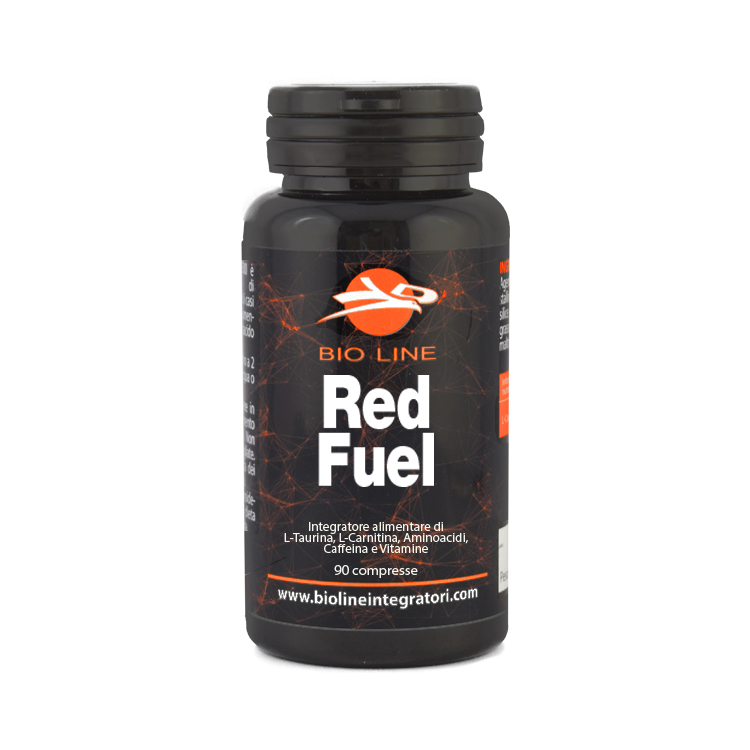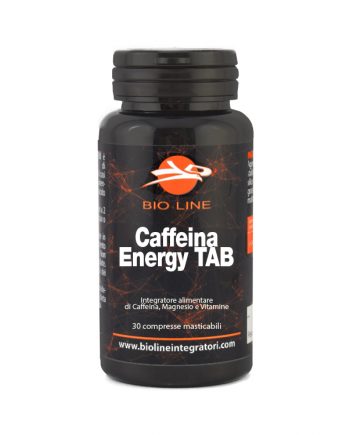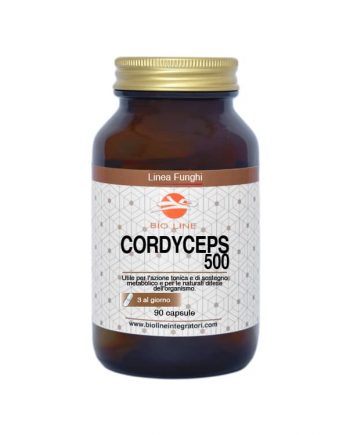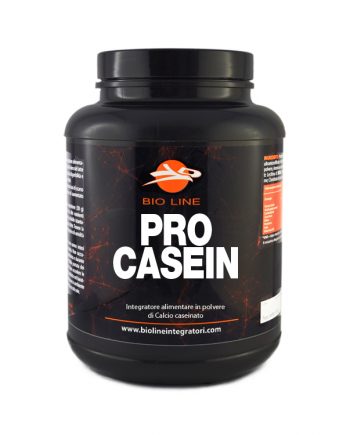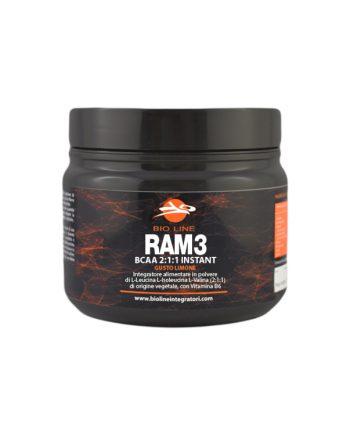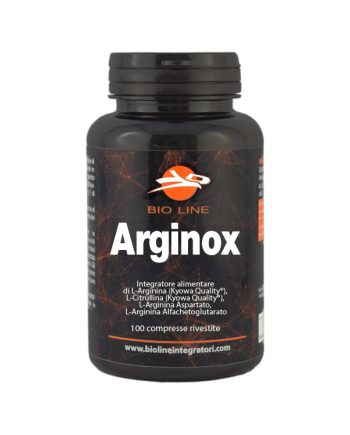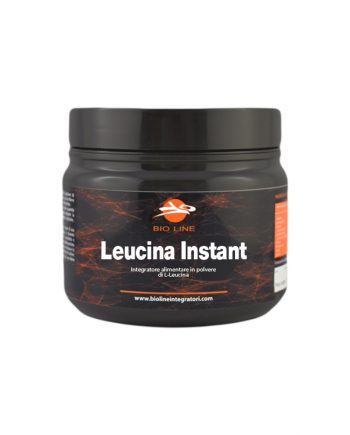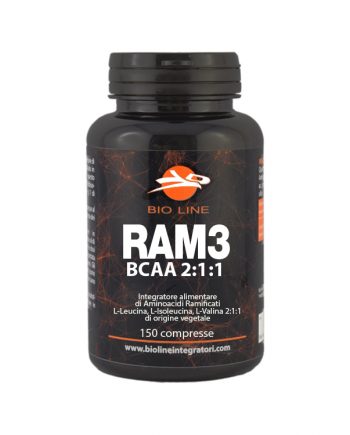Properties of components
– L-carnitine: it is the amino acid responsible for the transport of fatty acids inside the cell for their oxidation and transformation into energy for the organism.
– L-phenylalanine: essential amino acid, can be converted into tyrosine.
– L-taurine: non-essential amino acid, concentrated in skeletal and cardiac muscle.
– L-tyrosine: non-essential amino acid, precursor of the neurotransmitters L-dopa, epinephrine and norepinephrine.
– Caffeine: è un derivato xantinico attivo nel sistema nervoso centrale.
– Guarana: useful as a tonic to counteract physical and mental fatigue. It is also useful for stimulating fat metabolism and promoting body weight balance.
– Maca: useful for the tonic-adaptogenic action against physical and mental fatigue and for metabolic support activity.
– Zinc: contributes to the metabolism of fatty acids, Vitamin A and to normal acid-base and carbohydrate metabolism.
– Vitamin B1: contributes to the functioning of the nervous system and heart function.
– Vitamin B5 (pantothenic acid): contributes to energy metabolism, synthesis and metabolism of steroid hormones, vitamin D and some neurotransmitters.
– Vitamin B6: contributes to normal energy metabolism, to the reduction of tiredness and fatigue, to the functioning of the nervous system and the immune system.
– Vitamin B12: contributes to the formation of red blood cells, to the reduction of tiredness and fatigue.
– C vitamin: contributes to the function of the immune system during and after intense physical exertion, to the formation of collagen for the function of blood vessels and to the protection of cells from oxidative stress.
– Betacarotene (vitamin A): contributes to iron metabolism, and to the maintenance of normal vision.
– Folate: contributes to the synthesis of amino acids, the production of red blood cells, the metabolism of homocysteine.
– Niacin (nicotinic acid): contributes to the reduction of tiredness and fatigue and to the maintenance of normal skin.

